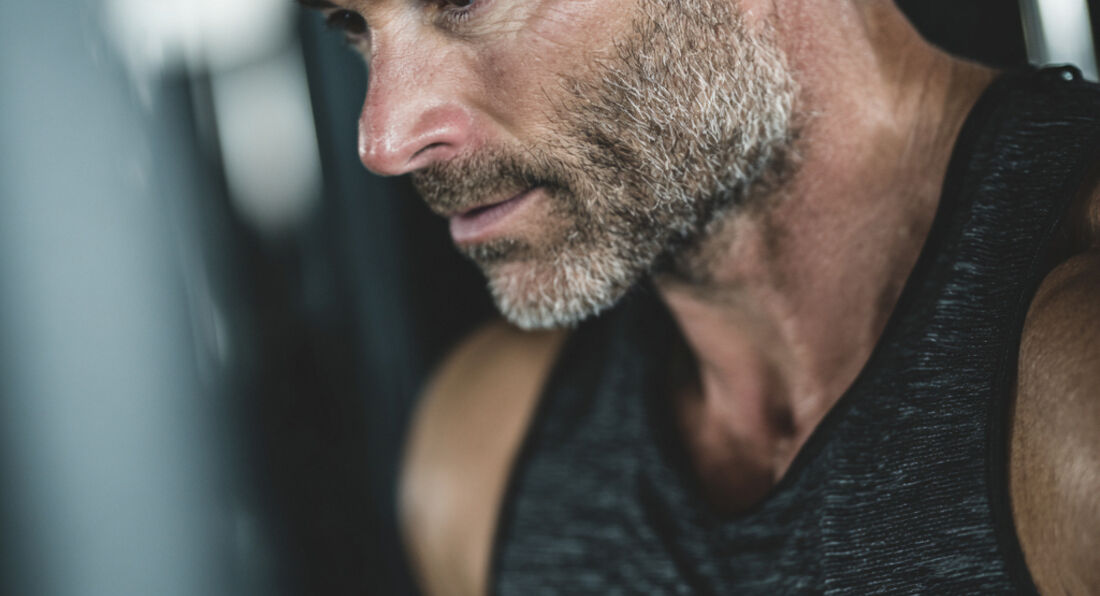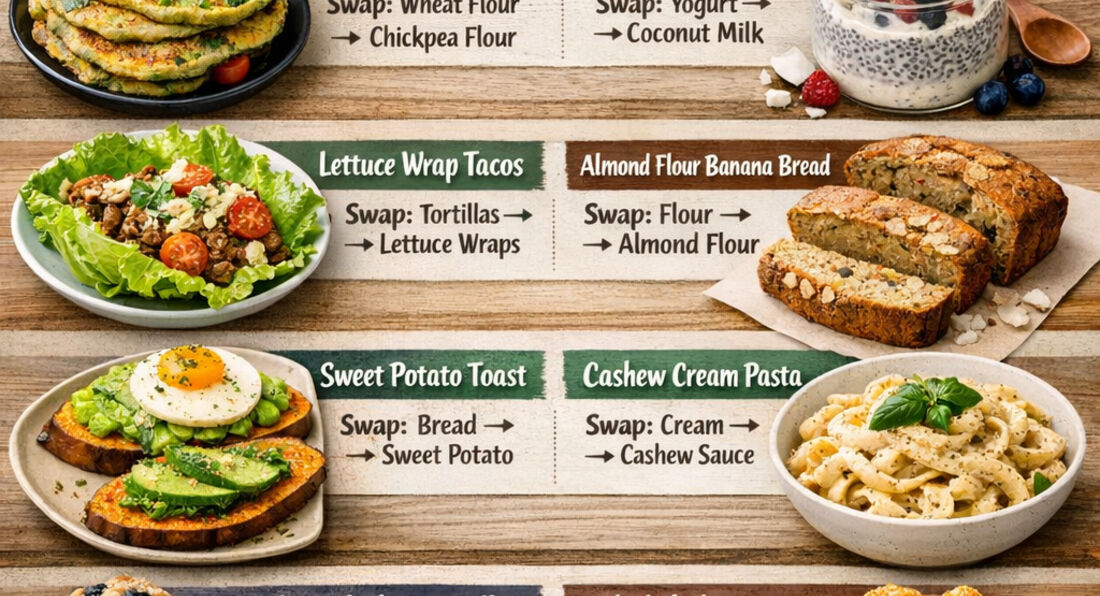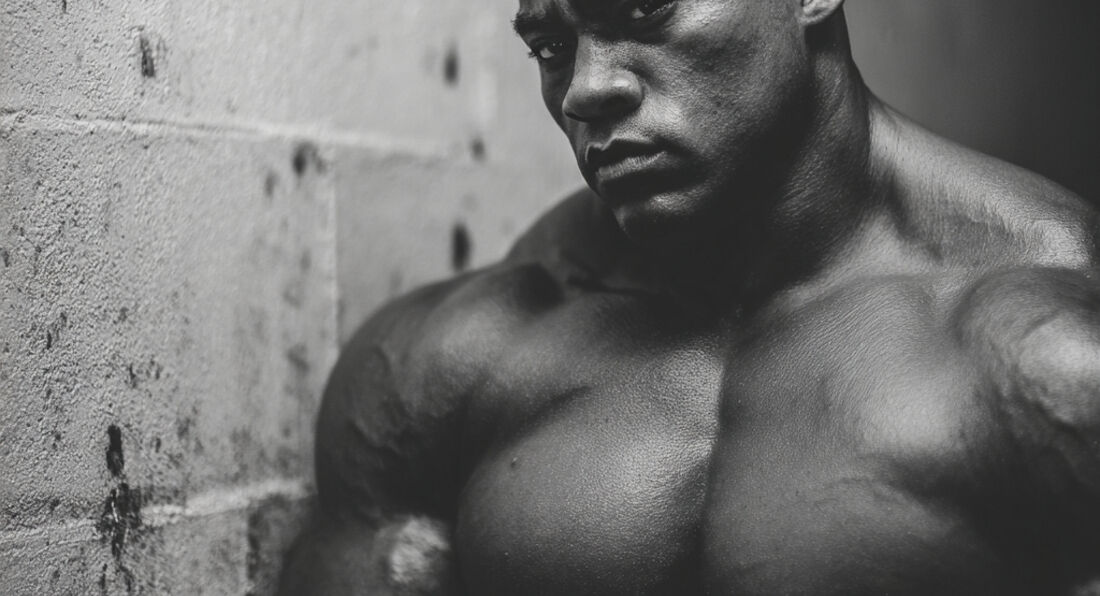Monday, 16th June 2025
15 Foods That Sabotage Athletic Performance
..and their alternatives
By LA Muscle on 16.06.2025 05:30 pm

Whether you're a professional athlete or a weekend warrior, your performance is heavily influenced by your diet. While most people know to eat for energy and recovery, many overlook the foods that can hinder strength, endurance, and focus. Certain common foods can spike blood sugar, cause inflammation, dehydrate you, or impair muscle function—ultimately reducing performance.
Here are 15 foods that are best avoided by athletes, and healthier alternatives to fuel your body right.
1. Sugary Energy Drinks
Why they're bad: High in sugar and artificial ingredients, they cause a quick spike in energy followed by a crash, which can impact endurance and focus.
Better alternative: Coconut water or a homemade electrolyte drink with sea salt, lemon, and honey.
2. Fried Foods (e.g., fries, fried chicken)
Why they're bad: High in trans fats and refined oils, which can increase inflammation and slow digestion, leaving you feeling heavy and sluggish.
Better alternative: Grilled or baked lean meats, or roasted sweet potatoes.
3. White Bread and Refined Grains
Why they're bad: Cause blood sugar spikes and lack fibre and nutrients. This leads to quick energy loss and poor recovery.
Better alternative: Whole grain bread, quinoa, or oats which provide sustained energy.
4. Processed Meats (e.g., sausages, deli meats)
Why they're bad: Contain preservatives, sodium, and saturated fats that can increase blood pressure and impair circulation.
Better alternative: Lean turkey breast, grilled chicken, or plant-based proteins like lentils.
5. High-Sugar Breakfast Cereals
Why they're bad: Loaded with sugar and low in fibre or protein, they create energy crashes mid-workout or mid-game.
Better alternative: Steel-cut oats with nuts and berries, or a protein smoothie with greens.
6. Alcohol
Why it's bad: Dehydrates the body, disrupts sleep, impairs muscle repair, and reduces reaction time.
Better alternative: Sparkling water with lime or herbal teas, especially post-training.
7. Protein Bars with Artificial Ingredients
Why they're bad: Many are glorified candy bars filled with sugar alcohols and additives that cause bloating and gastrointestinal distress.
Better alternative: Whole food snacks like boiled eggs, Greek yoghurt, or homemade energy balls.
8. Ice Cream and High-Fat Desserts
Why they're bad: High in sugar and saturated fat, they promote inflammation and fatigue post-consumption.
Better alternative: Frozen banana "nice cream" or Greek yoghurt with honey and berries.
9. Energy Gels and Chews (with added artificial colours/sweeteners)
Why they're bad: Quick energy followed by digestive discomfort, particularly during endurance sports.
Better alternative: Dried dates, bananas, or natural gels with minimal ingredients.
10. Soft Drinks / Fizzy Pop
Why they're bad: Loaded with high-fructose corn syrup, these drinks dehydrate and impair metabolism.
Better alternative: Infused water with fruit and herbs or kombucha in moderation.
11. Granola Bars (Commercially Made)
Why they're bad: Often contain added sugars, oils, and preservatives that reduce nutrient quality.
Better alternative: Homemade oat bars with nuts, seeds, and natural sweeteners like dates or maple syrup.
12. Fast Food Burgers
Why they're bad: High in trans fats and sodium, they hinder muscle function and increase recovery time.
Better alternative: A homemade lean beef or turkey burger on a wholegrain bun with avocado and veg.
13. Artificial Sweeteners (e.g., aspartame, sucralose)
Why they're bad: May cause gut dysbiosis, bloating, and impact hormone response in some people.
Better alternative: Stevia, monk fruit, or just small amounts of raw honey or maple syrup.
14. Commercial Sports Drinks
Why they're bad: While marketed for athletes, many contain more sugar than soda and artificial colours/flavours.
Better alternative: DIY electrolyte drink: water, a pinch of sea salt, lemon, and a teaspoon of honey.
15. Packaged Baked Goods (e.g., doughnuts, muffins)
Why they're bad: Made with refined flour, sugar, and trans fats, they increase inflammation and slow digestion.
Better alternative: Homemade protein muffins made with almond flour, eggs, banana, and flaxseed.
Athletes thrive on clean, nutrient-dense fuel. While occasional indulgences won’t ruin your fitness, consistent intake of inflammatory, sugary, or overly processed foods can significantly reduce performance and recovery. By replacing them with whole, natural alternatives, you’ll support energy levels, muscle growth, and mental focus—setting you up for consistent success.




























